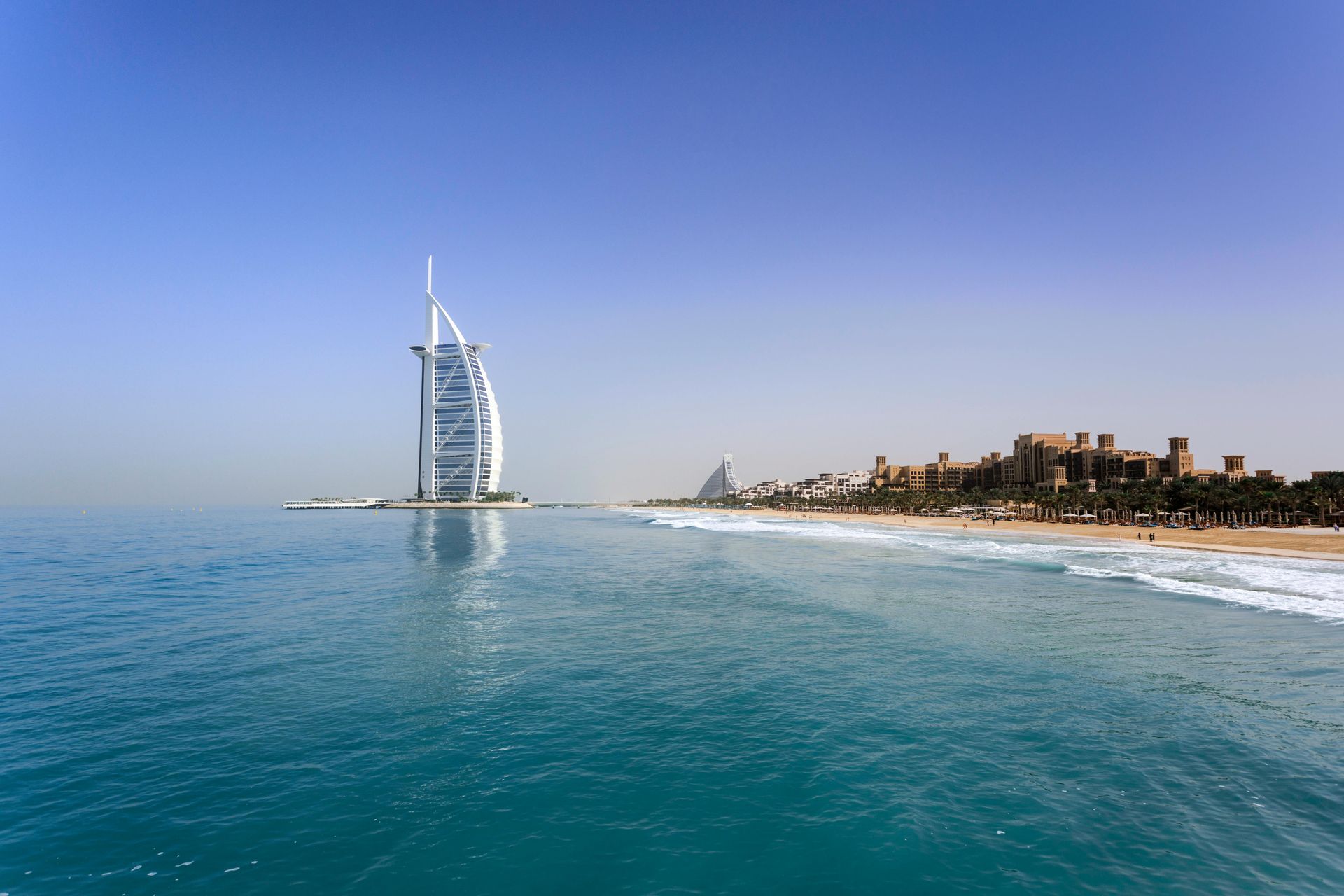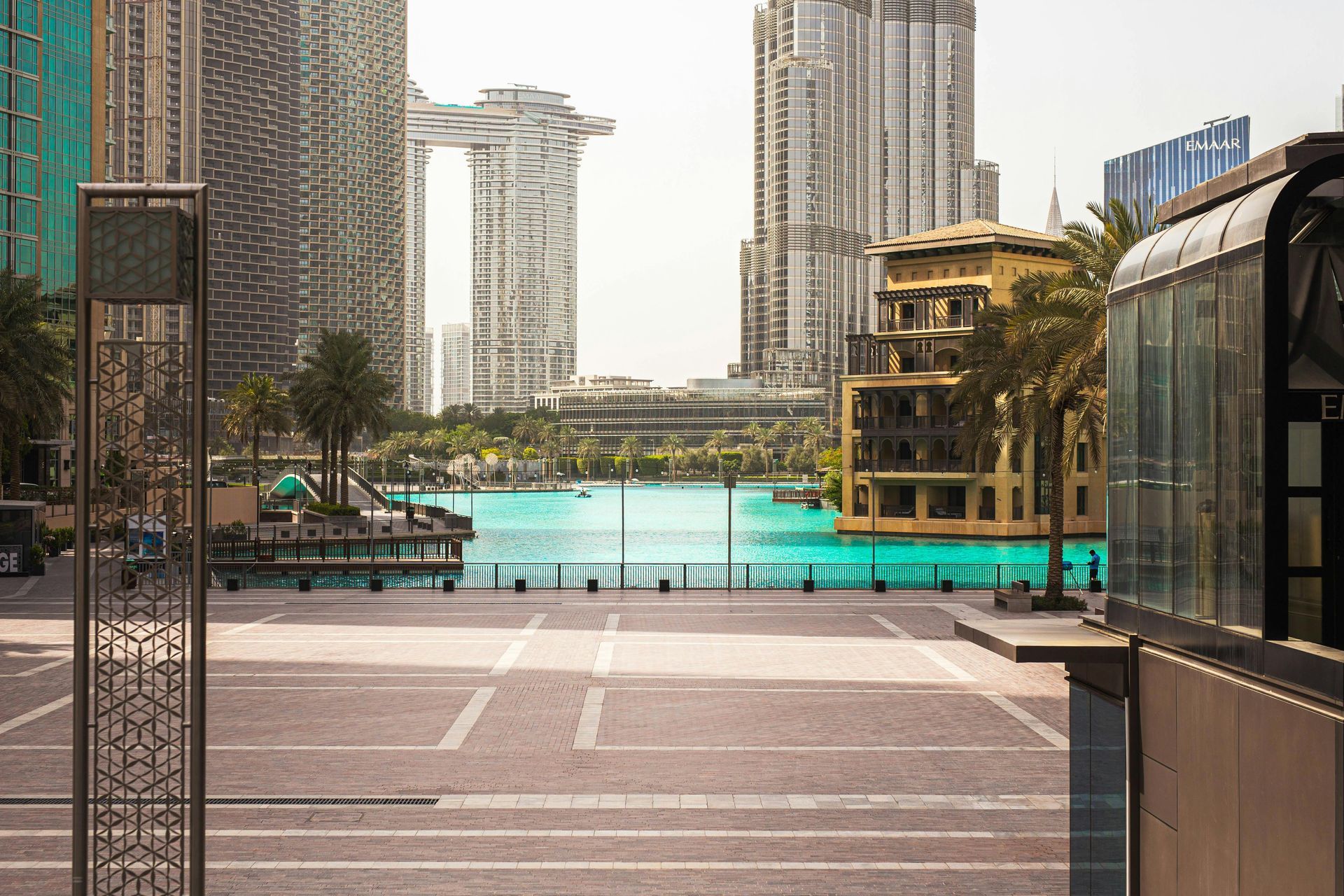Future-Proofing Your Finances: UAE Workers Call for Stronger Pension Options
June 10, 2025
Here’s Why It Matters

We all think about the future, but how many of us feel confident about our retirement savings? In the UAE, that question is becoming more urgent.
Contact Us
A new report shows that more people in the UAE, especially experienced employees and professionals, are asking for better, more personalised retirement planning. They don’t just want end-of-service benefits. They want flexibility, investment choices, and long-term financial security.
This shift is important. It’s not just about pensions. It’s about how people feel about their jobs, their financial freedom, and their lives after work.
What the Report Found
The research, carried out by recruitment experts in the UAE, found that:
- Many mid-to-senior-level professionals now want a tailored approach to retirement savings.
- People are asking employers for more investment options, not just a lump sum at the end.
- There is a growing interest in structured retirement accounts, including schemes where employers contribute monthly, like pensions in the UK or US.
- It’s a signal that the typical end-of-service benefit (gratuity) may no longer be enough for the modern workforce.
The Current Retirement Model in the UAE
Right now, most private sector workers in the UAE receive an End-of-Service Benefit (EOSB). This is a lump sum based on how long you've worked for your employer and your final salary.
But:
- It’s not invested, so the value doesn’t grow with time.
- You only receive it when you leave the company.
- If a company closes down or faces financial trouble, you may lose out.
While the UAE has made improvements, such as introducing savings-style EOSB schemes, many companies still use the traditional model.
Why Employees Are Asking for More
Here are just a few reasons UAE professionals want better retirement planning:
1. Job Security Is Less Certain
People change jobs more often than they used to. Relying on a lump sum after years of service isn’t practical for mobile careers.
2. Higher Earnings = Higher Expectations
Professionals in sectors like tech, finance, and consulting are earning more, and they want retirement planning to match their income and ambitions.
3. Inflation and Cost of Living
Even in a tax-free environment, the long-term cost of living matters. A static lump sum at the end of your career doesn’t keep up with real-world inflation.
4. More Global Workers
Many people in the UAE have worked in multiple countries. They’re familiar with international pension schemes, and they want similar options here.
What Are the Alternatives?
Several companies and free zones in the UAE are already offering new models for retirement planning:
- Monthly savings schemes with employer contributions
- Access to regulated investment funds tailored to retirement
- Portable savings accounts that follow you between jobs
Dubai International Financial Centre (DIFC) launched the DIFC Employee Workplace Savings (DEWS) Plan, which has been a model for reform. Other areas may follow suit.
What You Can Do
Whether your employer offers advanced schemes or not, you can still take control of your retirement plan:
- Start a private pension or regular investment plan with expert advice
- Set up a monthly savings goal, even if it’s small to start
- Ask your employer if they’re willing to make monthly contributions
- Consider tax and currency implications if you plan to retire abroad
Final Thoughts
The way people think about retirement in the UAE is changing, and fast. It’s no longer about waiting for a lump sum and hoping it’s enough. UAE residents want to invest, plan ahead, and build financial independence while they’re still working.
If you're living and working in the UAE, the best time to plan for retirement isn't when you're 60. It’s now!
We help people across the UAE, UK and other jurisdictions set up private pension plans, understand retirement investments, and structure savings that work whether you retire in Dubai, UK or move abroad.
Speak to one of our advisers today for clear, practical help with your long-term planning.

Navigating the UAE Employment Visa Process in 2026 Relocating to the United Arab Emirates for employment offers significant professional and financial opportunities. However, the UAE employment visa process is structured, compliance-driven and time sensitive. Understanding each stage in advance avoids unnecessary delays and protects both employer and employee from regulatory issues. Below is a comprehensive, easy-to-follow guide to the UAE employment visa process as it stands in 2026. Step 1: Securing a Confirmed Job Offer The UAE employment visa process begins with a formal job offer from a UAE-licensed entity. Only an employer registered with the relevant mainland authority or free zone authority can sponsor an employee. The employer becomes the visa sponsor and assumes legal responsibility for: Applying for the work permit Processing the residence visa Ensuring compliance with UAE labour law Covering government application fees (in most cases) Employees cannot independently apply for a standard employment visa without sponsorship. Step 2: Work Permit Application (Entry Permit Approval) Once the employment contract is signed, the employer applies for a work permit (also known as a labour approval) through the Ministry of Human Resources and Emiratisation (MOHRE) or the relevant free zone authority. Documents typically required include: Passport copy (valid for at least six months) Passport-size photographs Signed employment contract Attested educational certificates (if required for the role) If the employee is outside the UAE, an entry permit is issued, allowing them to enter the country legally for employment purposes. If the employee is already inside the UAE on a visit visa, status adjustment procedures apply. Step 3: Entry to the UAE (If Applying From Abroad) For applicants outside the UAE, the entry permit allows legal entry into the country. Once inside the UAE, the individual must complete the residency formalities within the validity period of the entry permit (usually 60 days). Timing is critical at this stage. Failure to complete the process within the permitted window may result in fines. Step 4: Medical Fitness Test All employment visa applicants must undergo a mandatory medical examination at an approved UAE medical centre. The test typically screens for: HIV Tuberculosis Hepatitis (in certain categories) The medical fitness certificate is a mandatory component of the residence visa application. Processing time: usually 24–72 hours depending on service speed selected. Step 5: Emirates ID Biometrics The applicant must apply for an Emirates ID, which serves as the UAE’s official identification card. This process includes: Biometric data capture (fingerprints and photograph) Identity verification The Emirates ID is linked directly to the residence visa and is essential for: Opening bank accounts Renting property Obtaining a driving licence Accessing utilities and telecom services Step 6: Residence Visa Stamping Following medical clearance and Emirates ID application, the residence visa is issued and stamped electronically against the passport record. Employment residence visas are typically valid for: 2 years (mainland companies) 2–3 years (depending on free zone authority) Once issued, the employee is legally resident in the UAE and may sponsor eligible dependants (subject to salary thresholds). Key Considerations in 2026 1. Free Zone vs Mainland Sponsorship Visa procedures differ slightly between mainland entities and free zone authorities. Free zones operate under independent regulatory frameworks, although federal immigration approval remains central. The choice between mainland and free zone employment has broader implications, including: Corporate structuring Tax residency status Social security considerations Family sponsorship options These should be assessed before finalising relocation plans. 2. Employment Visa vs Other UAE Visa Categories The UAE also offers: Green Visas (for skilled professionals and freelancers) Golden Visas (long-term residence for investors and high earners) Investor/Partner Visas For entrepreneurs and senior executives, an employment visa is not always the optimal route. Strategic structuring may offer longer validity and greater flexibility. 3. Tax Residency Implications The UAE does not levy personal income tax. However, relocating professionals must consider: Exit tax implications in their home country UK Statutory Residence Test (for British nationals) Split-year treatment Ongoing ties and centre-of-vital-interests rules Corporate tax exposure for business owners Inadequate pre-departure planning can result in unintended dual tax exposure. 4. Corporate Tax and Employment Structuring With the introduction of UAE Corporate Tax, business owners relocating to the UAE must assess: Whether they will remain directors of overseas entities Permanent establishment risks Substance requirements Intercompany arrangements Employment structuring must align with the broader corporate and tax strategy. Why a Structured Relocation Approach Matters Many professionals treat the employment visa as a simple administrative formality. In practice, it forms part of a much larger relocation framework that includes: Tax residency planning Wealth structuring Asset protection Banking arrangements Property acquisition Family visa coordination A piecemeal approach often creates long-term complications. How Mosaic Chambers Group Supports Your Move to the UAE At Mosaic Chambers Group, we provide integrated advisory services for internationally mobile individuals and entrepreneurs. We coordinate: Pre-departure UK tax planning UAE tax structuring advice Cross-border compliance Local regulatory compliance We work alongside trusted UAE-based partners to manage: Visa processing Company formation Corporate structuring analysis Family sponsorship applications Wealth protection strategies Relocating to the UAE should be strategic, compliant and financially efficient - not reactive. Speak to Our Advisory Team If you are considering accepting a UAE job offer or relocating your business operations to the Emirates, we recommend obtaining professional tax and structuring advice before finalising your move. Early planning protects your position, reduces risk and ensures your move to the UAE is commercially sound and fully compliant. Get in touch with our team today to begin your relocation strategy with clarity and confidence.

Thinking about moving to Dubai with your family?
We can help you assess eligibility, model the impact, and prepare a clear roadmap before you move.
Contact us to begin a confidential discussion.
Tailored advice for UK families, entrepreneurs, business owners and private wealth structures.
Cross‑border, multi‑jurisdict
